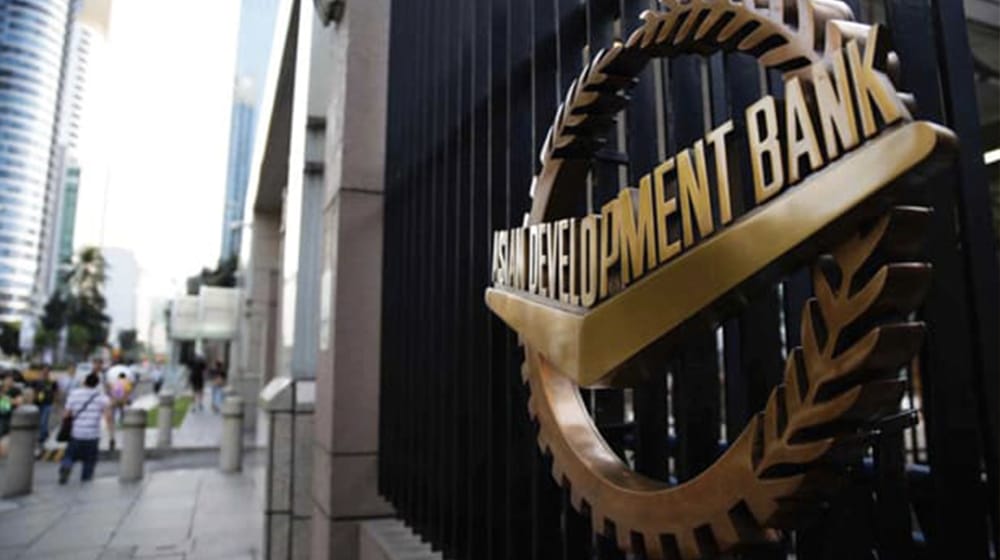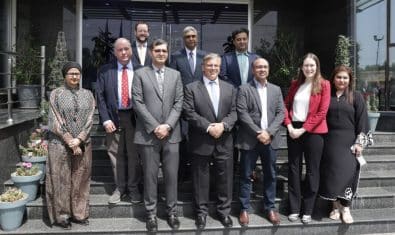Asian Development Bank (ADB) has predicted Pakistan’s economic growth rate to slow down to 4 percent in the fiscal year 2022 from 5.6 percent in the prior year.
The report states that slower growth in the current fiscal year reflects the government reactivating its stabilization program under the International Monetary Fund Extended Fund Facility to narrow the current account deficit, raise international reserves, and cut inflation.
ADB was of the view that Pakistan has seen improvement in the economy due to the monetary and economic recovery policies adopted by the country in the previous fiscal year (FY). In addition, a reduction in the current account deficit has also had a positive impact on the economy.
In the previous fiscal year, the country had seen a growth of 5.6 percent due to concrete steps taken by the government, added ADB.
However, ADB opined that there is an urgent need to increase foreign exchange reserves and reduce inflation. ADB believes that with effective measures, growth is expected to reach 4.5 percent in 2023.
ADB Country Director for Pakistan, Mr. Yong Ye, said, “Pakistan’s economy is recovering steadily thanks to well-coordinated fiscal and monetary responses to the pandemic.” The Country Director further said that the responses to the pandemic led to a remarkable expansion in the industry and services sectors. “It is key to continue structural reforms along with appropriate fiscal and monetary policies to contain rising inflation and external imbalances. Comprehensive reforms in tax policy and administration are also critical to boosting revenues in order to fund essential public services. ADB is fully committed to supporting Pakistan’s sustainable development,” added Mr. Yong Ye.
The report has further projected a decline in industrial growth for the FY22 due to the rising prices of oil and electricity coupled with currency depreciation. As Pakistan is a net importer of oil and natural gas, with both comprising almost 20 percent of total imports, the country will continue experiencing strong inflationary pressure for the rest of the current fiscal year from the jump in global fuel prices related to the Russian invasion of Ukraine.
Inflation declined to 8.9 percent in FY21, however, during the current fiscal year, it is estimated to remain at 11 percent. The bank expects inflation to drop to 8.5 percent in FY23 as fiscal consolidation progresses and oil and commodity prices stabilize.
The government plans to continue its medium-term fiscal consolidation, rationalizing less essential current spending and expanding tax and nontax revenue. These reforms are projected to trim the fiscal deficit to 5.7 percent of GDP in FY22 and 5.5 percent in FY23, return the public debt to more sustainable levels and reduce the crowding out of private-sector borrowing.
Sustained recovery boosted the Federal Board of Revenue’s (FBR) tax collection by 30.4 percent in the first seven months of FY2022, equal to 6.2 percent of GDP, surpassing the 5.7 percent target for the period. For the first half of FY2022, total fiscal revenue rose from 6.0 percent to 6.2 percent of GDP, reflecting a higher contribution from sales and income tax that offset a shortfall in the petroleum levy.























He Aqib, remember me? Guess who I am?